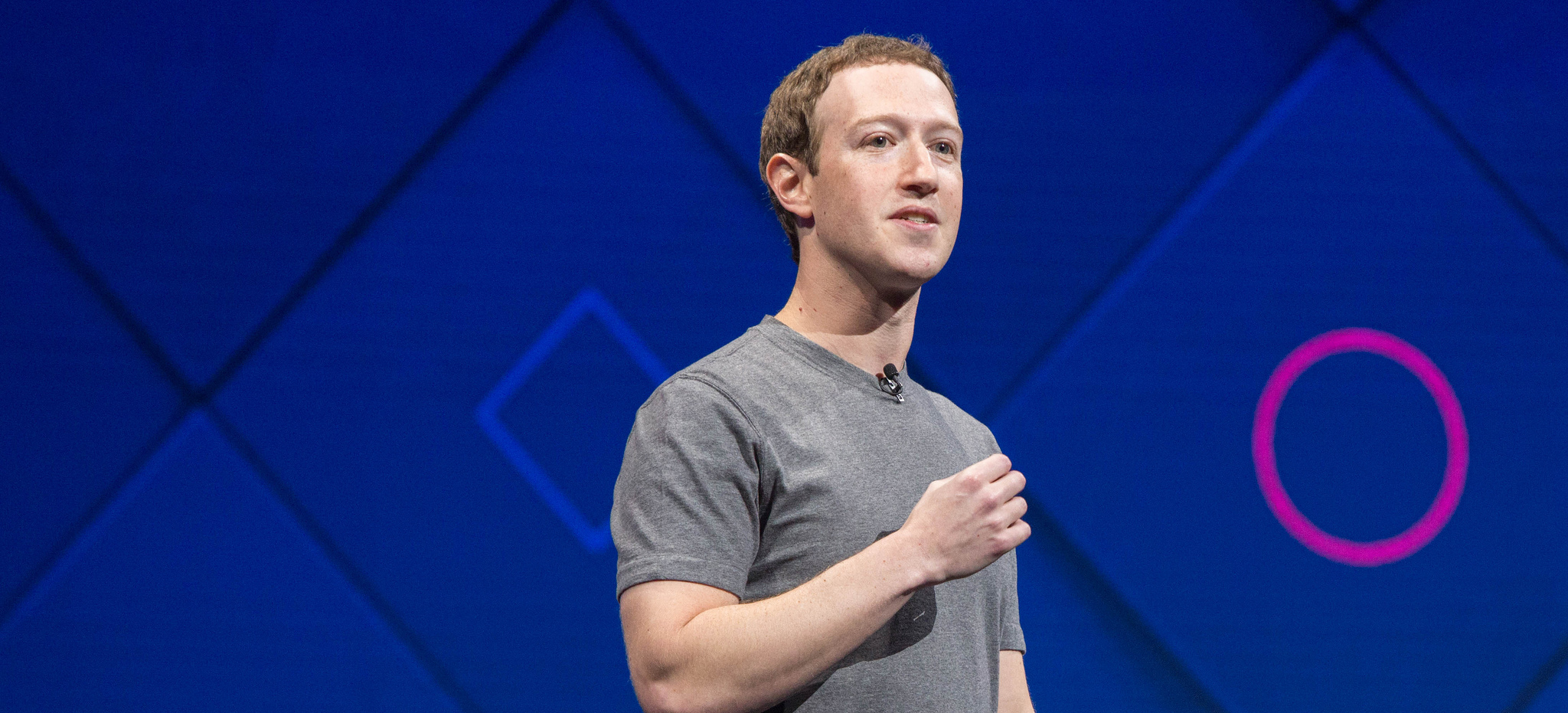UBI — The Basics
Imagine a society in which everyone, regardless of economic status, age, household size, and location, was guaranteed a minimum income — a no-strings-attached safety net that was not affected by work income or anything else. That's universal basic income (UBI), and the idea is gaining traction as trials of the idea are taking place around the world. Canada, India, Kenya, and Finland are all investigating how UBI for every citizen might work in practice.
Some of the most successful people in the world are getting behind the idea, although not everyone agrees about the utility or practical application of UBI. Here's what some of the world's most prominent individuals in the world think about UBI.
Elon Musk
Musk, CEO of SpaceX and Tesla, spoke about UBI at the World Government Summit in Dubai earlier this year. Musk said that, due to mass disruption in employment caused by automation, “I don’t think we’re going to have a choice. I think it’s going to be necessary. There will be fewer and fewer jobs that a robot cannot do better.”
Mark Cuban
Cuban, television personality and chairman of AXS TV, is no friend of UBI, and favors fixing current welfare programs more than creating UBI programs. Although he sees automation changing the job market as a serious problem, he calls UBI programs “one of the worst possible responses.”
no. I think it's one of the worst possible responses
— Mark Cuban (@mcuban) February 20, 2017
Mark Zuckerberg
Zuckerberg, CEO of Facebook, told the audience for his speech at the Harvard commencement ceremony that he favors UBI as a driver of innovation. “We should explore ideas like universal basic income to make sure that everyone has a cushion to try new ideas,” he said as part of his speech.
Hillary Clinton
Clinton, former First Lady and U.S. presidential candidate, said of UBI that she was "not ready to go there," but instead favored expanding earned income tax credit. She said in an interview with Daniel Roth last year that she was concerned about the many people who continue to be unemployed, and argued "we've got to help create better opportunities for them without just giving up and saying, 'Okay, fine, [...] you don't really have to do anything anymore.' I don't think that works for a democracy and I don't think it works for most people."
Bill Gates
Gates, co-founder of Microsoft, isn't opposed to the UBI concept, but he doesn't think the time is right to implement it. Gates feels that resources are too limited to make it happen now, and instead more targeted programs need to happen first. “Over time, countries will be rich enough to do this," Gates said during a AMA on Reddit. "However, we still have a lot of work that should be done — helping older people, helping kids with special needs, having more adults helping in education.”
Steve Wozniak
Wozniak, co-founder of Apple, told Robin Paul he agrees that there ought to be a minimum standard of living for everyone and feels that material needs for all people should be met. However, he stressesdthat some people in society are in much more distress than others, and need more assistance. Since this is the case, UBI might not be enough for them.
Barack Obama
Former President Obama has not officially stated a position on UBI, although last October he told Wired that there was no question it will be part of the coming debate surrounding automation: “Whether a universal income is the right model — is it gonna be accepted by a broad base of people? — that’s a debate that we’ll be having over the next 10 or 20 years.”
Share This Article
